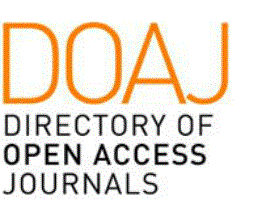Author Country
Colombia
DOI
10.22191/gobernar/vol1/iss1/6
Document Type
Article
Abstract
The analysis of collective action from Medellin’s cycling advocacy groups on the political agenda of the city, when seen through an Interpretativist Theoretical Perspective, is a reflection of the actual gap between the citizens and the public policy. This fact gives importance to the contexts, local knowledge, and the citizenry’s arguments. The case study is in itself a tool of methodological inquiry. Empirical evidence is gathered by applying semi-structured interviews, direct observation, and documentary review. Such evidence is systematized using matrixes and map-analysis. Cycling advocacy groups of Medellin become visible through proposals which represent the bicycle as a symbol of the city, politics, and of the citizen who participates and is involved. Now, this vision is earning a room within the current political agenda of the city, opening possible decision-making scenarios that would demand respect for the life and the right of the city.
Recommended Citation
López, Gloria Estela Lopera and Salinas Arango, Diana Patricia
(2017)
"Biciactivismo en Medellín. De la acción colectiva a la agenda política,"
Gobernar: The Journal of Latin American Public Policy and Governance: Vol. 1
:
Iss.
1
, Article 9.
DOI: 10.22191/gobernar/vol1/iss1/6
Available at:
https://orb.binghamton.edu/gobernar/vol1/iss1/9
Included in
Comparative Politics Commons, Education Policy Commons, Latin American Studies Commons, Other Public Affairs, Public Policy and Public Administration Commons, Public Administration Commons, Public Policy Commons



